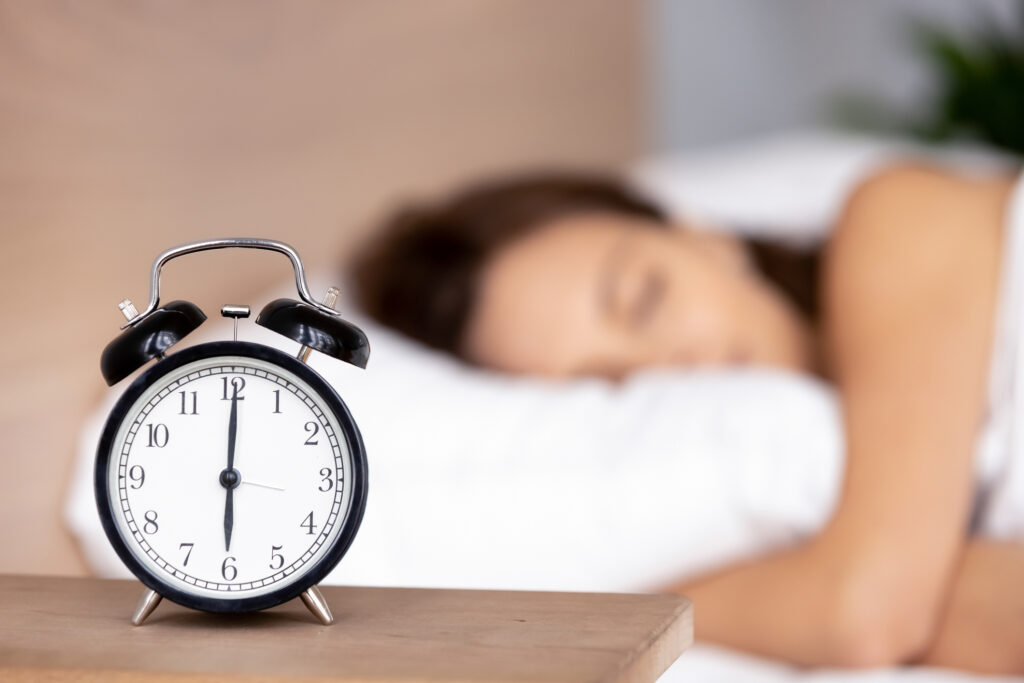November 7, 2021 marks the end of daylight savings. Most of the country will be moving their time back by one hour. Getting an extra hour of sleep is a definite bonus, but is it?
Setting back the clock in fall provides extra morning daylight, but shortens our evening light. In winter, this means that we go to work or school, and by the end of the day, we may be returning home with little time in natural light.
We are creatures regulated by light, working and active in the day, with our best sleep in the absence of light. Light affects our moods, sleep, and overall health.
Did you know that rolling back time in fall is linked to higher incidences of depression? It’s one of the reasons more is known about the importance of daylight on our health.
What can you do as the end of daylight savings approaches? The goal is to stick to your normal sleep schedule after the time switch. If you wake at 6 am and sleep at 10 pm, stick to that time. But how can you achieve this?
- Gradually shift your sleep time a few days before the time switch. Go to bed 10 minutes later each day, starting a few days before the switch.
- Limit your caffeine intake to early hours, avoid late caffeine perks, and definitely no caffeine in the evening.
- Get exposure to light during the day, even if it’s just sitting by a window. You may wish to try light therapy.
- Be active during the day, but don’t exercise at night. Wind down your body to prepare for rest in the evening.
- Avoid evening computer, laptop, tablet, phone screen time. The light tricks your brain into thinking it’s daytime and prevents the release of melatonin hormone which prepares your body for sleep.
- Relaxation, deep breathing, and meditative exercises to prepare for sleep are helpful to set aside your daytime worries.
What if you’ve tried it all and still struggle with getting enough sleep? Getting your body into a regular rhythm of sleep and activity can be achieved with a bit of a push. Your pharmacist can help with suggestions for light therapy, the use of non-prescription options, and review your sleep hygiene. Your pharmacist can review your medications for the best times to take them.
You deserve a good sleep, start working on getting into the habit, it’s actually quite addictive. There’s a great deal that you can do, and it can start with your pharmacist.




